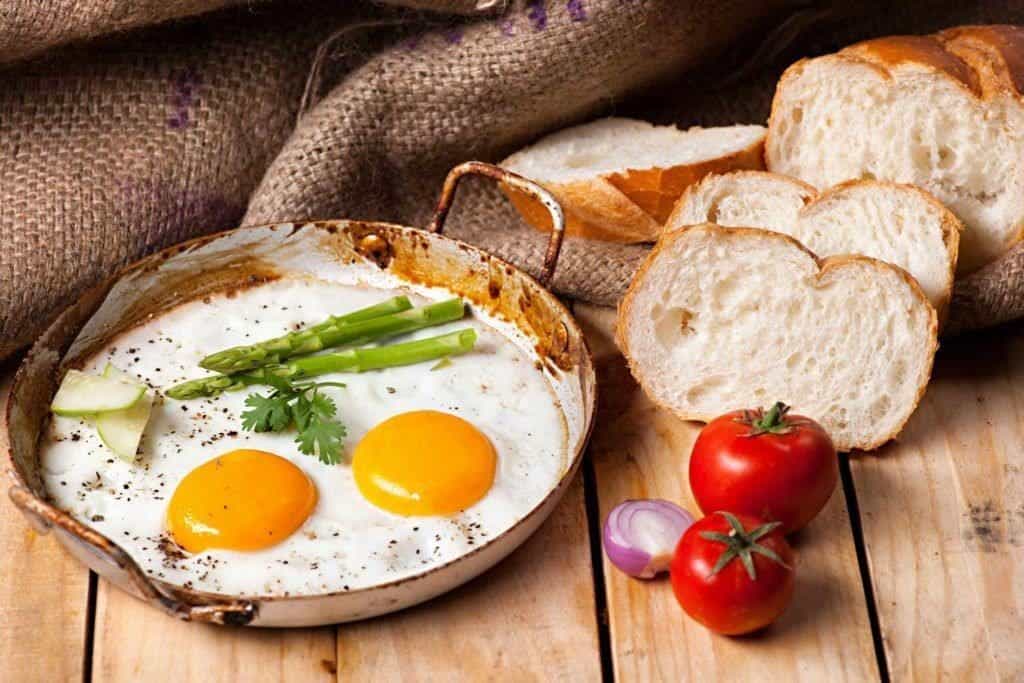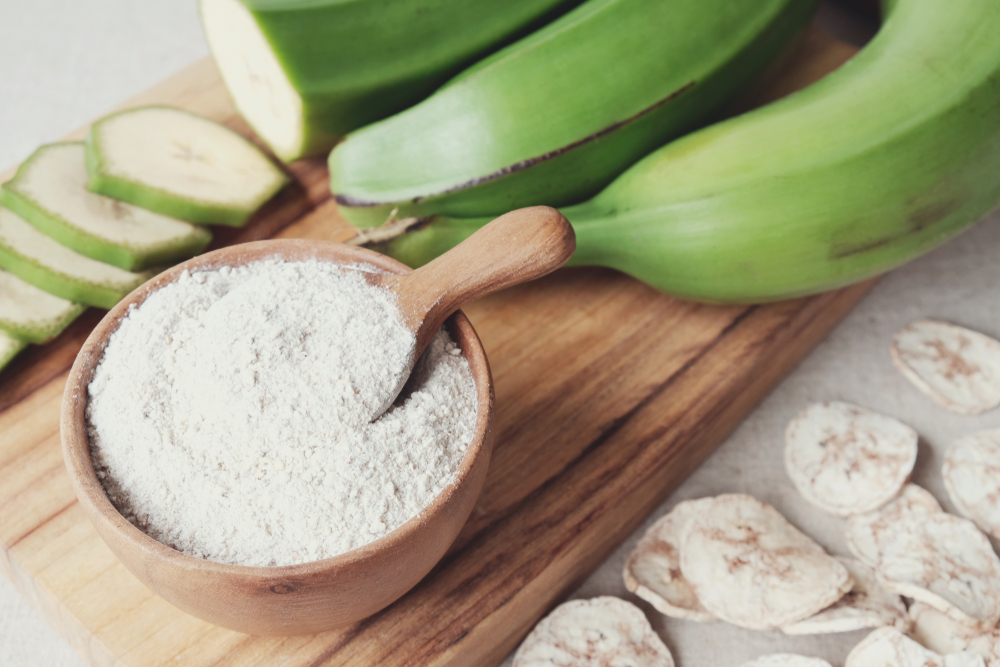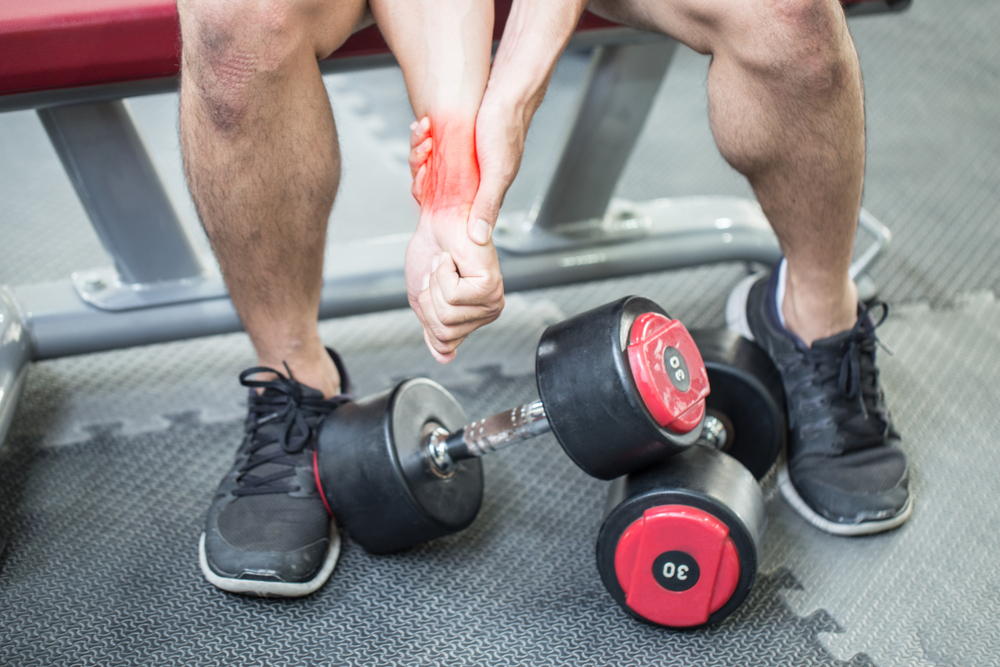Contents:
- Medical Video: How To Reduce High Blood Pressure Naturally | How To Prevent High Blood Pressure Naturally
- Protein helps reduce high blood pressure
- Low-fat and protein-rich foods
Medical Video: How To Reduce High Blood Pressure Naturally | How To Prevent High Blood Pressure Naturally
Protein is the basic building block for the body. Proteins form the basis of muscles, skin, and organs. Some special proteins act as hormones, while others act as enzymes to help digest and break down food. Protein also helps bring nutrients, such as fats and minerals in the blood. Not only that, a recent study says that protein plays an important role in reducing high blood pressure. How did it happen? See the explanation in this article.
Protein helps reduce high blood pressure
So far, the DASH diet is quite popular for controlling blood pressure for people who have hypertension. However, according to a study published in the American Journal of Hypertension, researchers from Boston University found that in addition to implementing a DASH diet that is nutrient-dense, high protein intake is also needed to help reduce high blood pressure.
How can protein help reduce blood pressure? It turns out that the scientists themselves have not found definitive evidence regarding this. This is because the blood pressure system is a complex process and involves many organs such as the heart, kidneys, blood vessels, and hormones that interact throughout the body.
Even so, scientists believe that proteins in dairy products contain certain compounds that act as natural ACE (angiotensin-converting-enzyme) inhibitors, one of the main types of blood pressure drugs. While other animal proteins, especially eggs, contain high levels of arginine. This content can dilate blood vessels so that blood pressure decreases.
From the results of these studies it is known that people with a protein intake of 102 grams a day, 40 percent are at lower risk of developing high blood pressure later in life. Meanwhile, people who eat foods high in protein which are also balanced with fiber intake have more dramatic benefits, namely a reduction in the risk of stroke by up to 60 percent lower. This benefit applies to people who are obese and with normal weight.
Low-fat and protein-rich foods
The best source of protein is low in saturated fat and rich in vitamins and minerals. These include lean meat, fish, poultry, low fat and nonfat dairy products, soy products, nuts and egg whites.
Because of the risk of heart disease with high cholesterol and fat in animal foods, you need to be wise to reduce your intake of red meat and most of the food from dairy products. Here are some tips you can do to eat low-fat and high-protein foods:
- To avoid fatty meat, look for pieces that contain the words "loin" such as sirloin and tenderloin because the fat is less.
- Avoid meat that has a label "prime beef"Or"prime meat"Because this means it contains more fat and calories.
- You can decide to order seafood like fish if you want foods that are lower in fat.
- Eliminate eating habits late at night.
- Low-fat dairy products are also a good source of protein. This low-fat milk provides lower calories and saturated fat. For example, skim milk (now called fat-free milk) has only 90 calories compared to 150 for ordinary milk (with 3.5 percent butter fat).
- Vegetable protein foods are usually fat free. Nuts and seeds usually only contain a little fat or even no fat at all. Beans are also rich in minerals, fiber, and monounsaturated fats, so there are great health benefits in your diet.
- Nuts and seeds contain fiber, vitamin E, and minerals. Fat content is an important consideration, but you also have a large selection of other proteins from various food sources.












